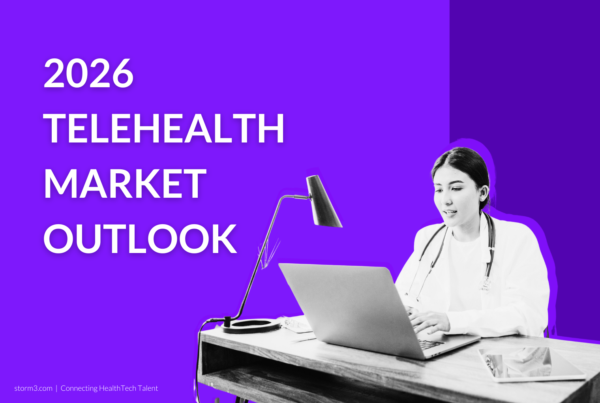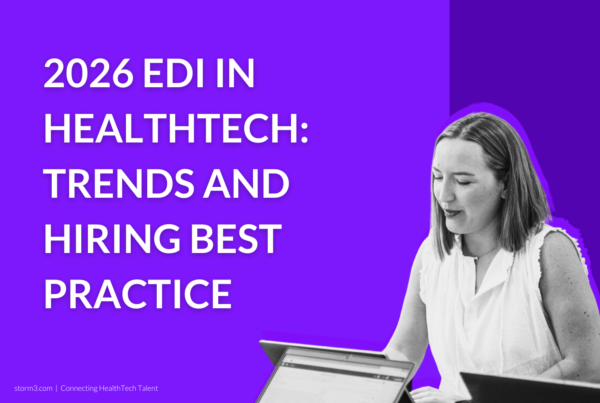In recent years, the healthcare industry has undergone a transformative shift towards a more holistic approach to patient care. The integration of traditionally separate domains, mental and physical healthcare, is not only revolutionizing patient outcomes but also reshaping the future of healthcare as we know it. This convergence acknowledges the fundamental truth that mental and physical health are deeply interconnected, influencing each other in complex ways. By adopting an integrated approach, we can ensure comprehensive, patient-centered care that addresses the whole person, rather than isolated symptoms.
The Case for Integrated Healthcare
Historically, mental and physical health have been treated as distinct entities, often resulting in fragmented care. This separation has been entrenched in medical education, healthcare systems, and insurance structures. However, an increasing body of research highlights the intricate link between the two. For example, individuals with chronic physical conditions such as heart disease, diabetes, and chronic pain frequently experience higher rates of depression and anxiety. Conversely, mental health conditions like depression can lead to poorer physical health outcomes and complicate the management of chronic diseases. Recognizing this bidirectional relationship, healthcare providers are now embracing a more integrated approach that treats the mind and body as a cohesive unit.
The Role of HealthTech in Integration
The convergence of mental and physical healthcare delivery is significantly bolstered by technological innovations. HealthTech companies are at the forefront of this movement, developing tools and platforms that facilitate comprehensive care. Here are some key technological advancements driving this integration:
1. Telehealth Platforms
Telehealth has emerged as a vital tool in providing both mental and physical healthcare services. The COVID-19 pandemic accelerated the adoption of telehealth, demonstrating its effectiveness and convenience. Patients can now receive holistic care from the comfort of their homes, with seamless transitions between consultations for physical ailments and mental health support. Integrated telehealth platforms ensure that healthcare providers have a complete view of a patient’s health, leading to more accurate diagnoses and effective treatment plans. These platforms often include features such as virtual consultations, remote monitoring, and secure communication channels, enabling continuous and coordinated care.
2. Electronic Health Records (EHRs)
Modern EHR systems are designed to integrate mental and physical health data, providing a unified health record for each patient. This integration enables healthcare providers to access comprehensive patient histories, track treatment progress, and identify correlations between mental and physical health conditions. Enhanced data analytics further aid in predictive modeling and personalized care. For instance, an integrated EHR can alert a primary care physician if a patient with a chronic condition like diabetes is also showing signs of depression, prompting a referral to a mental health specialist and a coordinated treatment plan.
3. Wearable Health Devices
Wearables and smart health devices are increasingly incorporating features that monitor both physical and mental health indicators. Devices that track physical activity, heart rate, and sleep patterns can also monitor stress levels, mood changes, and other psychological markers. This continuous stream of data allows for real-time health monitoring and timely interventions. For example, a wearable device might detect elevated heart rates and changes in sleep patterns that correlate with increased stress or anxiety, enabling healthcare providers to intervene before these issues escalate.
4. AI and Machine Learning
Artificial intelligence (AI) and machine learning algorithms are revolutionizing the way we understand and treat health conditions. AI-driven platforms can analyze vast amounts of health data to identify patterns and predict outcomes, providing valuable insights into the interplay between mental and physical health. These technologies also enable personalized treatment recommendations and early detection of potential health issues. For instance, machine learning algorithms can identify subtle changes in a patient’s health data that might indicate the onset of a mental health condition, allowing for early intervention and more effective management.
Benefits of Integrated Healthcare
The convergence of mental and physical healthcare delivery offers numerous benefits, including:
Improved Patient Outcomes
By addressing both mental and physical health simultaneously, integrated care models lead to better overall health outcomes. Patients receive more comprehensive treatment plans that consider the full spectrum of their health needs. This approach can result in more effective management of chronic conditions, reduced symptom severity, and improved quality of life.
Enhanced Patient Experience
Integrated care reduces the need for multiple appointments and improves coordination between healthcare providers, leading to a more seamless and satisfactory patient experience. Patients benefit from a cohesive treatment plan that is tailored to their unique needs, rather than navigating a disjointed system with separate providers for mental and physical health.
Cost Efficiency
Holistic care models can reduce healthcare costs by preventing the escalation of untreated conditions and minimizing the need for emergency interventions. By addressing mental health issues that exacerbate physical conditions, healthcare systems can reduce hospital readmissions, emergency room visits, and overall healthcare spending.
Reduced Stigma
Combining mental and physical health services can help normalize mental health treatment and reduce the stigma often associated with seeking mental health support. When mental health care is integrated into primary care settings, it becomes a routine part of healthcare, encouraging more patients to seek help for mental health issues without fear of judgment.
The Future of Healthcare Delivery
As the healthcare industry continues to evolve, the convergence of mental and physical healthcare delivery will become increasingly central to patient care. HealthTech companies will play a pivotal role in this transformation, developing innovative solutions that bridge the gap between mental and physical health services. The future of healthcare lies in an integrated approach that recognizes the interdependence of mental and physical well-being, ultimately leading to a healthier, more resilient society.
The convergence of mental and physical healthcare delivery represents a significant advancement in the way we approach health and wellness. By leveraging HealthTech innovations and adopting integrated care models, we can improve patient outcomes, enhance the patient experience, and reduce healthcare costs. As we move towards a more holistic approach to healthcare, it is crucial to recognize the role of technology in facilitating this integration and to support the continued development and implementation of these transformative solutions.
At Storm3, we are dedicated to helping healthcare organizations navigate this new landscape by providing access to the best talent in the HealthTech sector. Our expertise in recruitment ensures that your organization is well-equipped to lead the charge in integrated healthcare delivery, ultimately contributing to a healthier and more connected world.
Looking to hire your next mission-critical HealthTech expert? Book a call.





